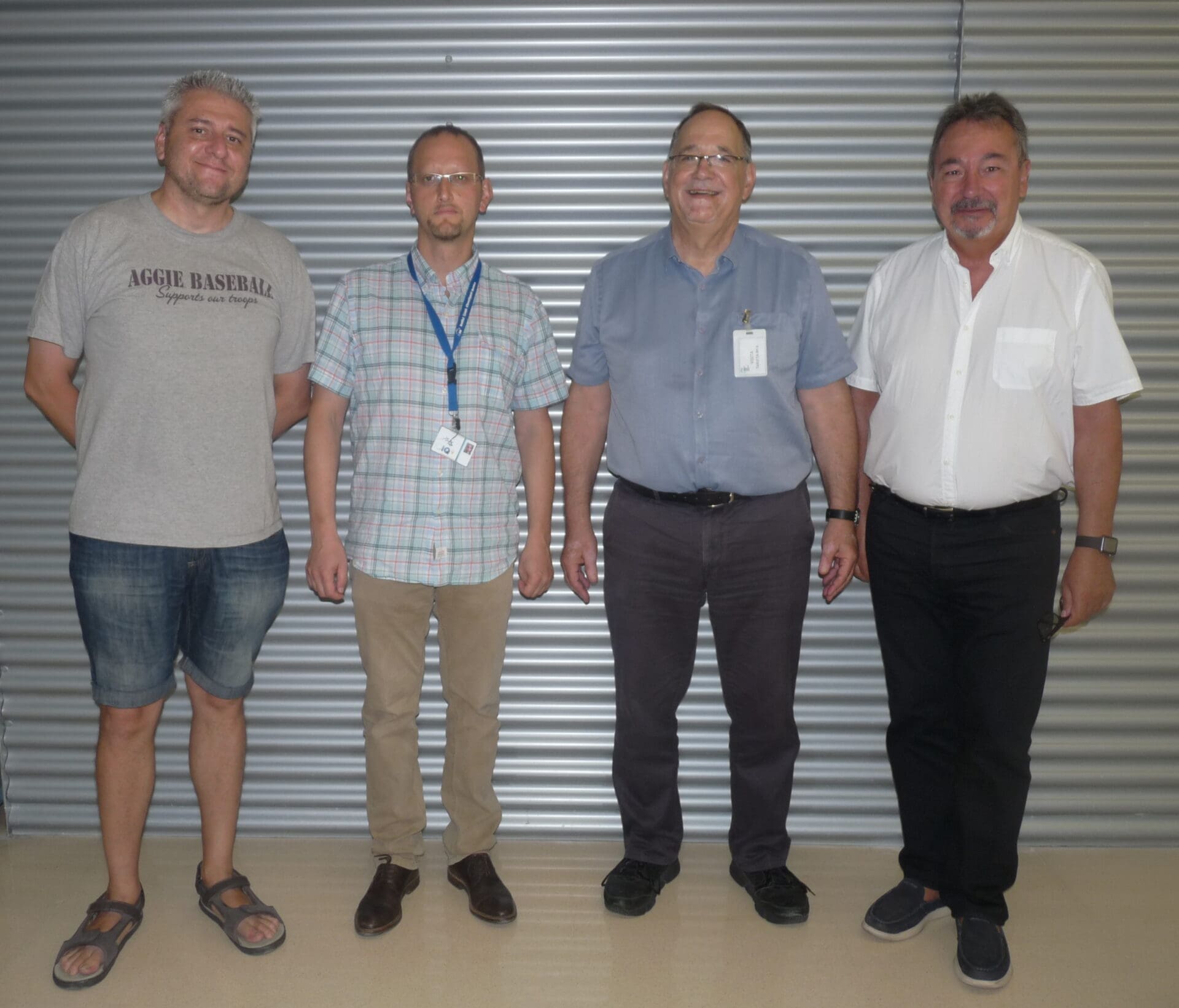
 13/09/2016
13/09/2016
 12:00 h
12:00 h
 ICIQ Auditorium
ICIQ Auditorium
- Lecturer: Prof. Ron Naaman
- University: Weizmann Institute of Science (Israel)
- Sponsored by:

The Electron's Spin and Molecular Chirality- from Spintronics to Efficient Water Splitting
Spin based properties, applications, and devices are commonly related to magnetic effects and to magnetic materials. Hence, most of the development in spintronics is currently based on inorganic materials. Despite the fact that the magnetoresistance effect has been observed in organic materials, until now spin selectivity of organic based spintronics devices originated from an inorganic ferromagnetic electrode and was not determined by the organic molecules themselves. Recent experiments have demonstrated that the electron transmission yield through chiral molecules depends on the electron spin orientation. This phenomenon has been termed the chiral induced spin selectivity (CISS) effect, and it provides a challenge to theory and promise for organic-molecule based spintronic devices.
I will discuss experimental results that relate to CISS based spintronics applications, to the role of the effect in biological systems, specifically in Photosystem I, and its importance in the production of hydrogen by water splitting.
Other events

Let's create a brighter future
Join our team to work with renowned researchers, tackle groundbreaking
projects and contribute to meaningful scientific advancements




















